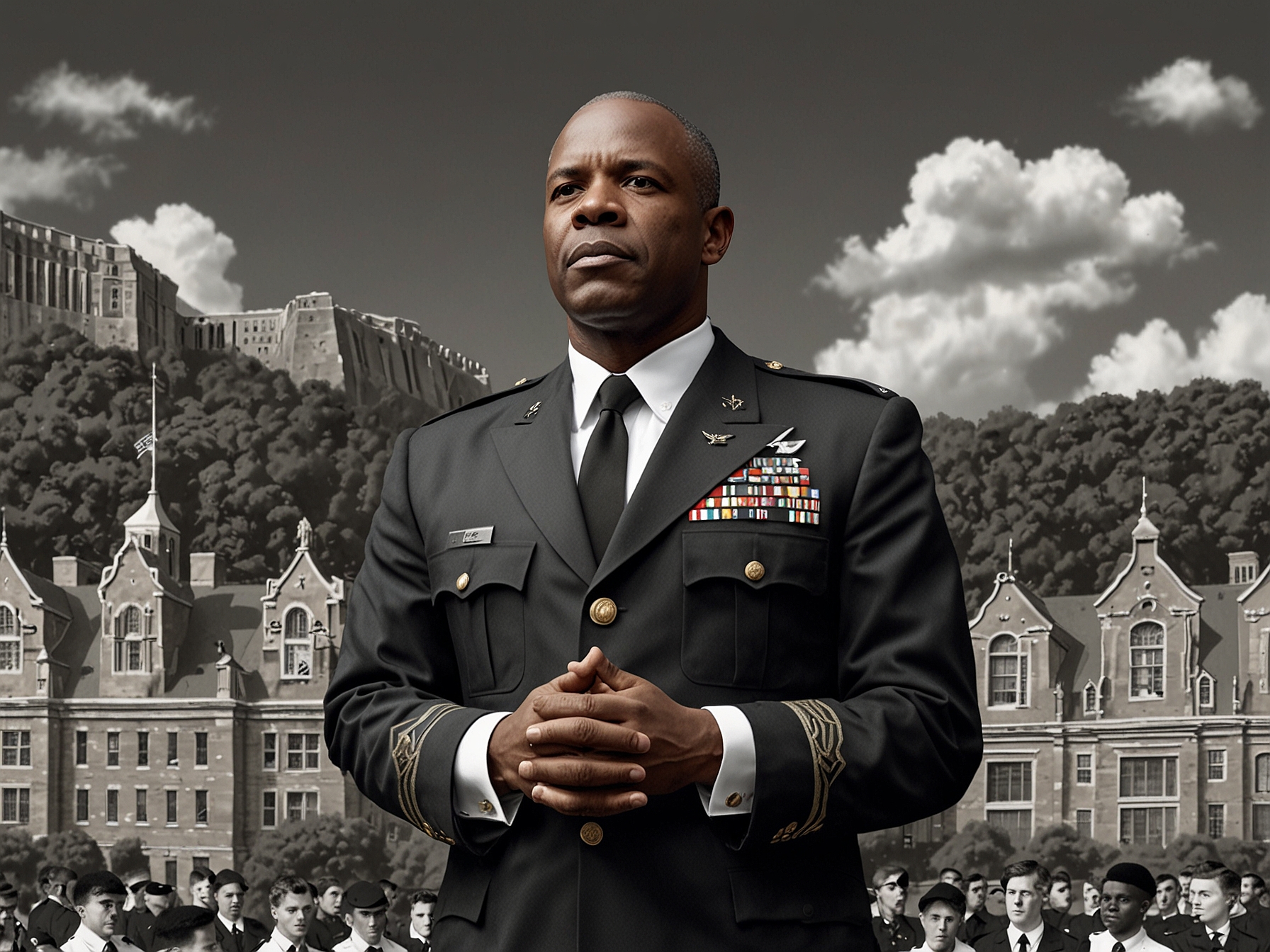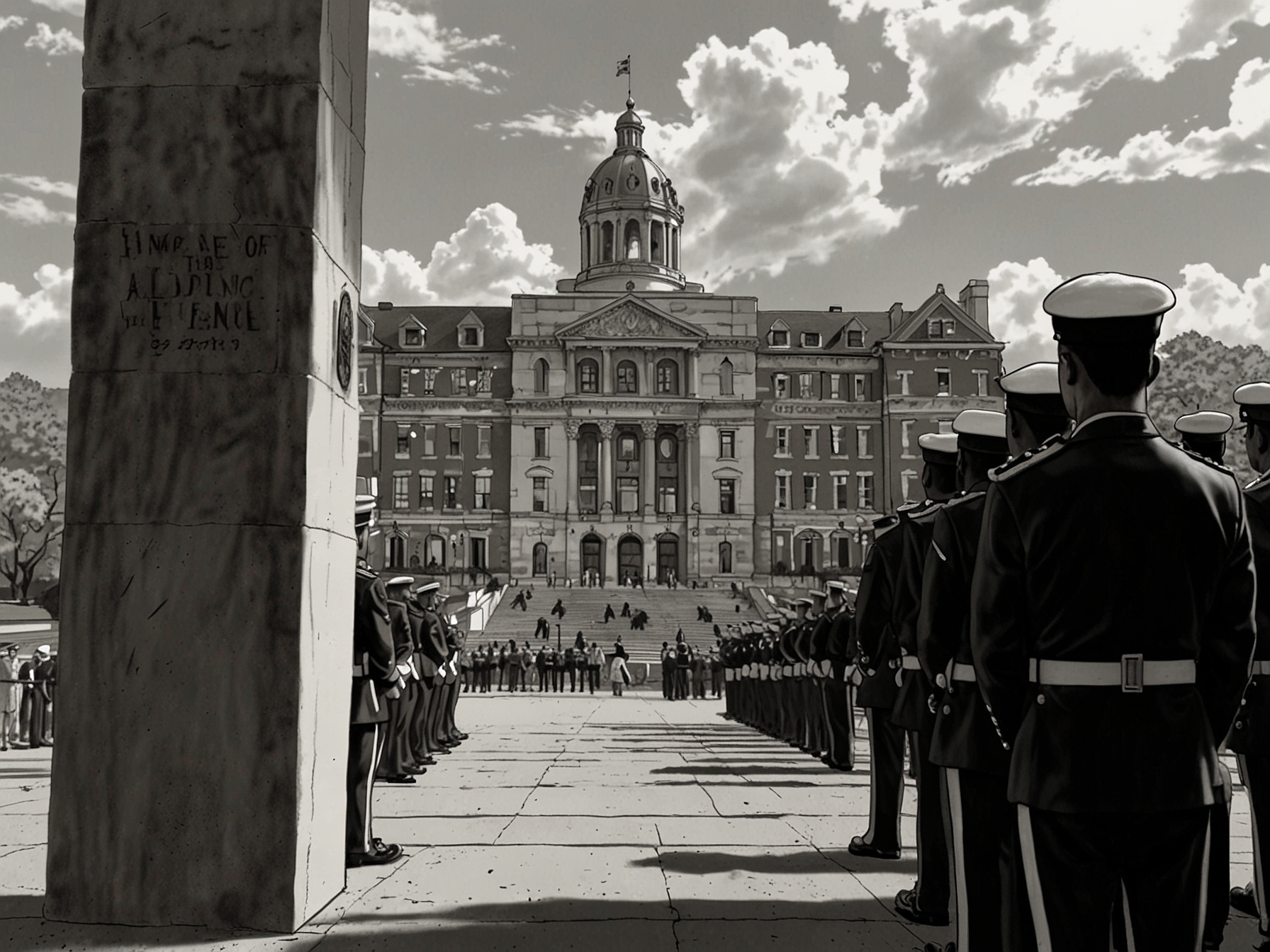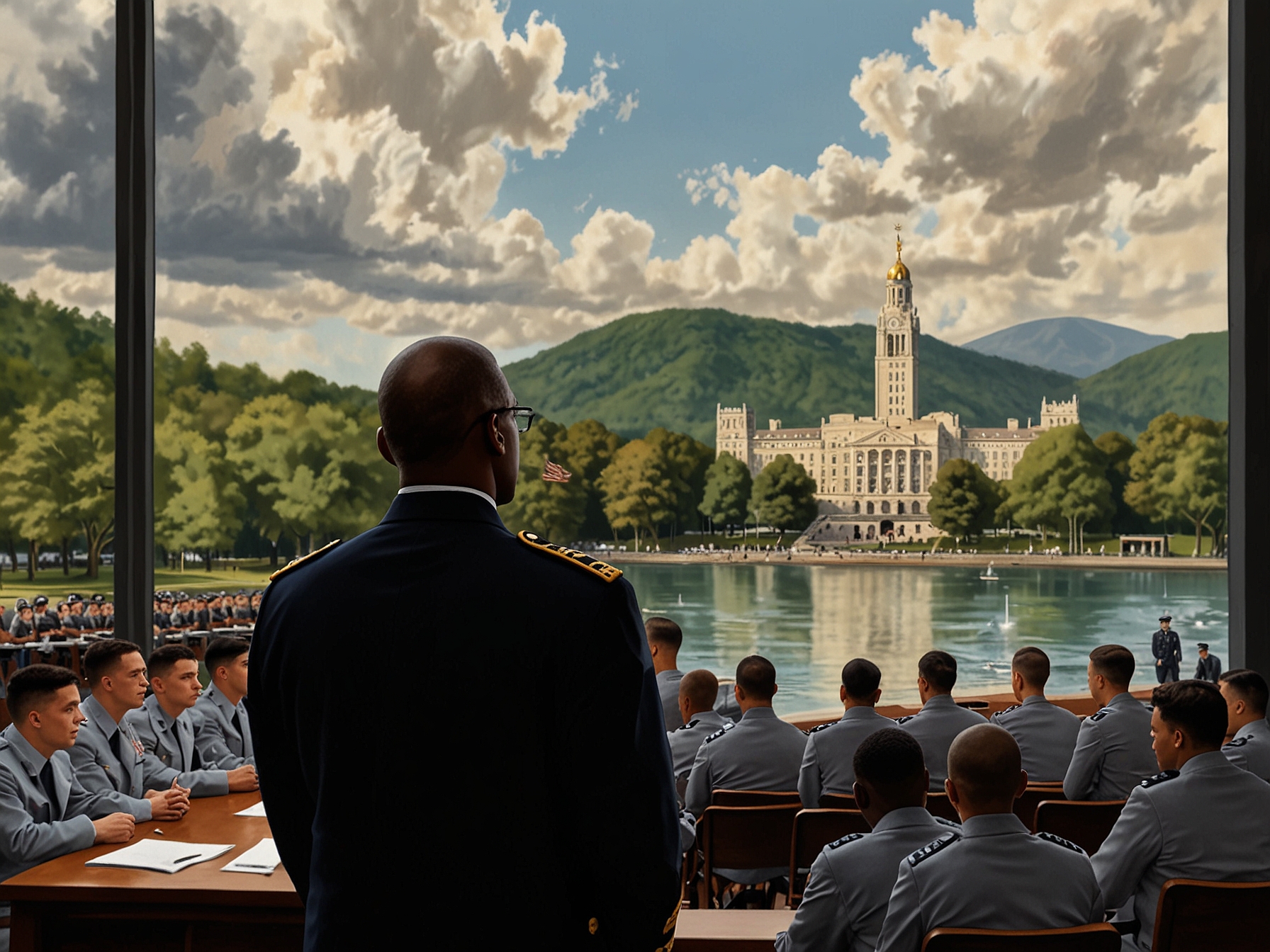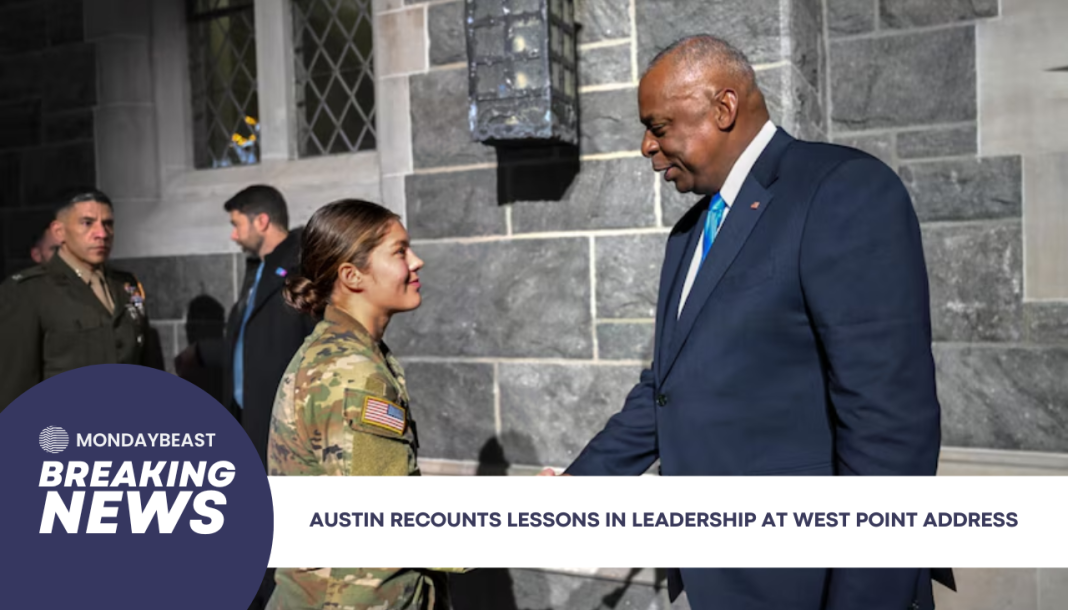Defining Leadership in Tough Times
What does it mean to be a leader today? Is it about strategy, charisma, or something deeper? Secretary of Defense Lloyd J. Austin III addressed these questions head-on during a recent speech at West Point. Speaking to a group of future Army officers, he emphasized the need for leadership rooted in courage and commitment. As he noted, the military landscape may evolve, but the spirit of its people remains the heart of the force.
With over four decades of experience, Austin drew on his own military journey. He reflected on how uniforms and tactics have changed. Yet he asserted that the core strength lies within the character of the men and women who serve. This reminder serves not just for cadets, but for all of us. In times of uncertainty, we must look to our leaders. What qualities do they embody? How do they inspire?

For Austin, leading from the front is non-negotiable. He made a powerful statement when he remarked, “Troops will only go as far as they have to for poor leaders.” This idea resonates for anyone in a position of authority. It raises the question: are we, in our own lives, encouraging others to reach their potential?
Personal Stories of Bravery
Austin’s address was steeped in personal anecdotes that revealed the bravery inherent in American soldiers. He recounted moments from his command in Iraq, showcasing not only the courage of men but also the remarkable resilience of women in combat. He vividly described a moment when one female soldier confronted danger with unwavering resolve. “Sir, what are you talking about?” she asked him. This humility and strength transcended gender, marking an important moment in military culture.
He highlighted an unforgettable incident involving a young soldier. After a firefight, when Austin asked what compelled him to rush toward enemy fire, the soldier admitted his fear. Yet it was the call of his squad leader that anchored him. In that moment, he became more than just a soldier. He embodied what it means to be a part of a team, a family.

This brings to light an essential truth: leadership is not a solo act. It’s about fostering teamwork and building trust. These narratives of courage are crucial for our understanding of what true leadership looks like in practice. How do we cultivate this in our daily lives?
The Role of Cadets in Today’s Landscape
Austin addressed the cadets assembled at West Point, reminding them of the world they are stepping into. Today, the international landscape is fraught with challenges. From geopolitical tensions to emerging threats, the call to serve has never been more pronounced. “Believe in yourselves,” he urged. It’s important for future leaders to recognize the weight of their responsibilities.
For the next generation, the stakes are high. Austin’s remarks stirred a sense of urgency and purpose. He emphasized the necessity of their leadership amidst ongoing conflicts and shifting alliances. This message resonates beyond the military. It reflects the challenges of leadership in every sector. How do we rise to meet the needs of our communities?
An Unyielding Commitment to Democracy

Austin firmly believes that the future of American ideals relies on dedicated leaders. He stated that the nation’s security is predicated on its commitment to democracy. Each officer-in-training at West Point will play a part in this narrative. What does it mean to defend these principles in a complex world? How do we remain vigilant against those who threaten them?
As we sift through the themes from Austin’s speech, one core lesson emerges. Commitment to one another is paramount. It’s about showing up for those who rely on our leadership. This stands true whether on the battlefield or in civilian life. It’s a reminder that every effort counts, no matter how seemingly small.
Conclusion: A Call to Action
Austin’s address was more than an outline of military philosophy. It was a rallying call for a new generation of leaders. It asks us to reflect on our roles in fostering teamwork and building trust. How do we, in our own lives, approach our responsibilities? As the cadets move forward, we are invited to consider our own leadership roles. The challenges they will face will require strength, inspiration, and courage. Just like the soldiers who have gone before them, they must navigate difficulties with unwavering dedication. In doing so, they will embody the spirit of service and sacrifice that has always defined the U.S. military. What legacy will they leave behind?




